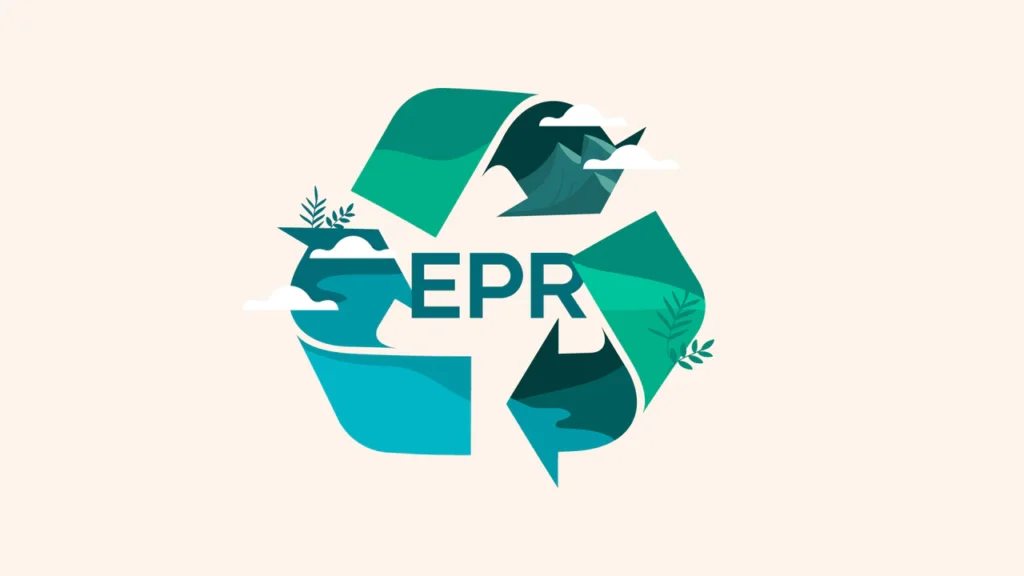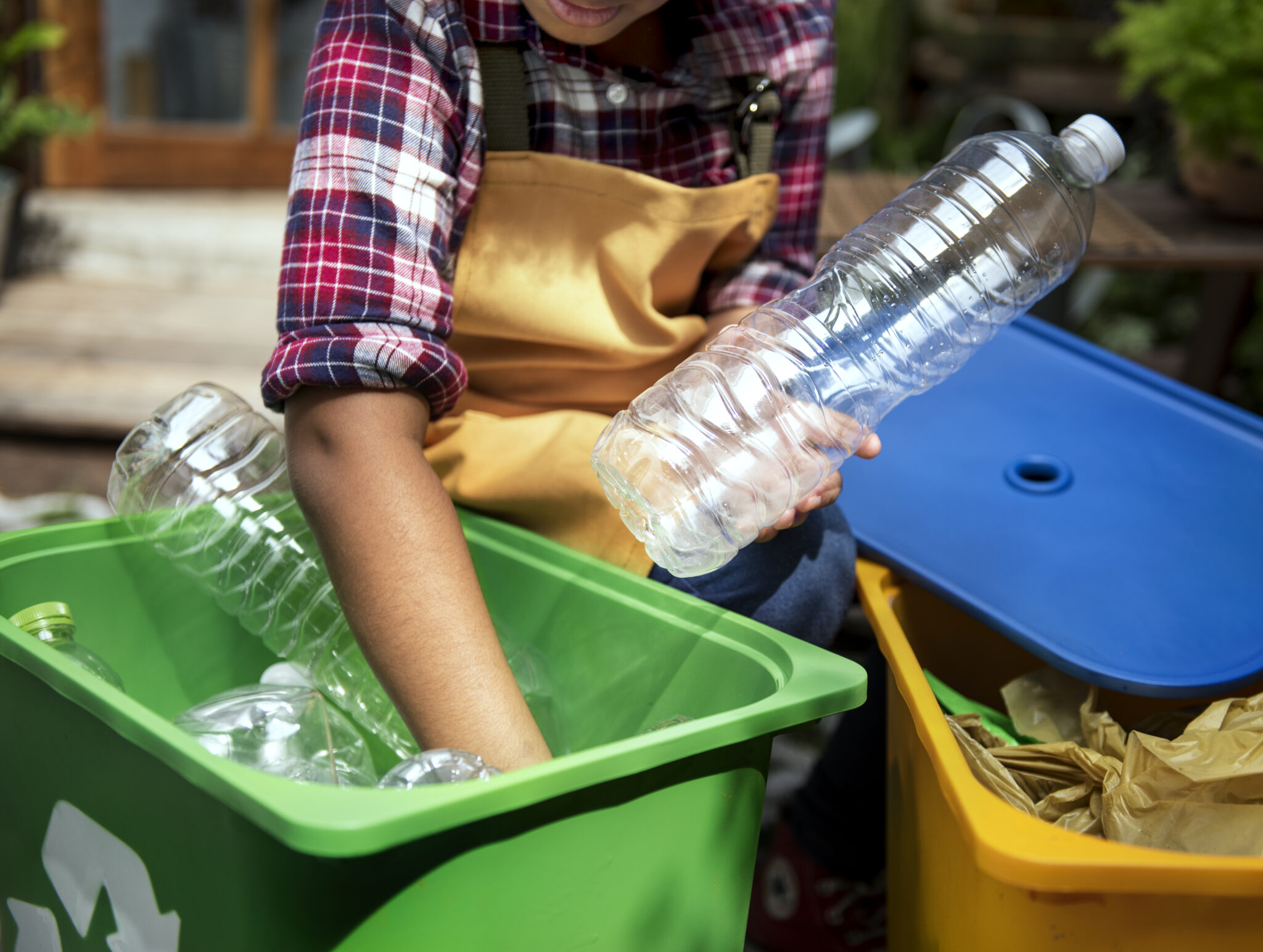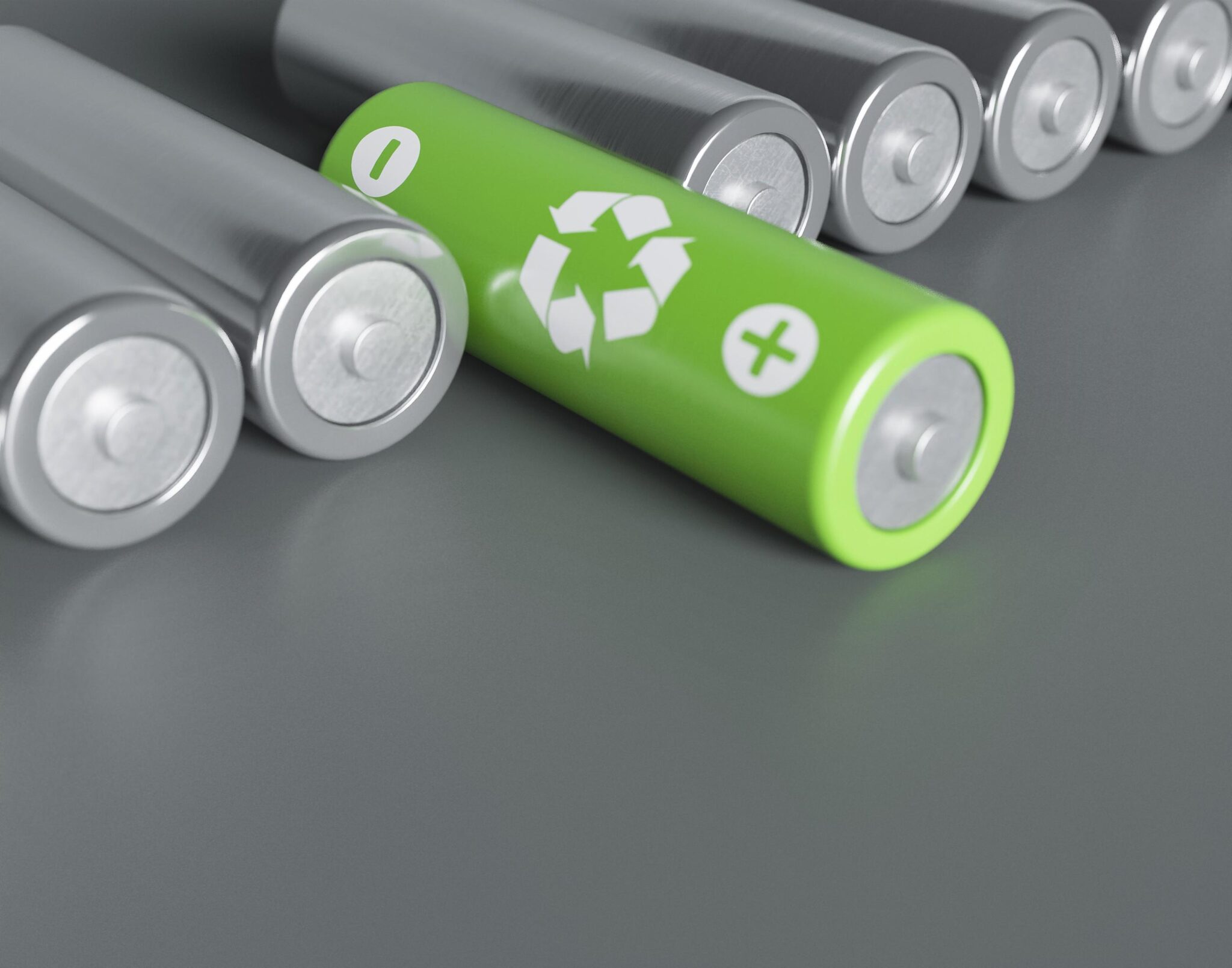EPR services/ Extended product responsibility services

In adherence to the recent updates in the Plastic Waste Management (Amendment) Rules 2022, plastic waste processors, including those affiliated with EPR (Extended Producer Responsibility), now require specific authorization. EcoOwl Consulting offers a streamlined procedure for obtaining authorization and licensing. The initial step involves registering the business with the relevant authorities. If the plastic waste recycling plant also engages in manufacturing, obtaining a factory licence under the Factories Act, 1948, becomes necessary. Given the potentially hazardous nature of waste processing, authorization from the Central Pollution Control Board (CPCB), along with consent to establish (CTE) and consent to operate (CTO) NOCs from the State Pollution Control Board (SPCB), is crucial. Additional licences such as Fire NOC, GST Registration, and IEC certificates may be required on a case-by-case basis.
EPR Authorization for Plastic Waste Management
Overview of EPR Authorization
EPR authorization aims to promote the reuse, recycling, and integration of recycled plastic into production and the end-of-life disposal of plastic products. EPR compliance is mandatory for all the above entities generating pre- and post-consumer plastic packaging waste. It is vital to get registration from CPCBs, SPCBs, or PCCs, depending on the extent of their operation. For example, the PIBO will have to receive registration from CPCB if it operates in more than two states, or UTs. If the PIBO operates in only one or two states or UTs, the registration must be obtained from the respective SPCB or PCC. Notably, the EPR authorization needs to be obtained before the commencement of production. The PIBOs are required to apply for registration in Form I along with an action plan deemed fit under the Environment Protection Act, 1986, and meet all prerequisites as per the latest guidelines mentioned under the Plastic Waste Management (PWM) (Amendment) Rules, 2022.
Importance of an Extended Production Responsibility Action Plan in the EPR Authorization Process
The EPR Action Plan is the soul of your application for EPR authorization for plastic waste management. The EPR Action Plan has to be carefully made and submitted by PIBOs (those operating in more than two states) to obtain registration from CPCB. PIBOs must fulfil EPR in all the states and UTs wher they are introducing their products. The EPR target for a particular state or UT should be equal to the type and amount of plastic introduced into the market (post-consumer waste) in that specific state. The format of the action plan and the quarterly report has to be as per Annexures 1 and 2 given in the SOP for PIBOs issued by the CPCB.
Battery Import Licence
Overview of the Scrap Battery Import Licence
A battery, as defined, is a source of electrical energy with a self-life of three to five years, after which it is mainly discarded, creating mountains of hazardous and toxic waste that is not managed or treated correctly, causing more damage to the environment and health than plastic waste. These battery scraps, if appropriately recycled, have much use in India’s rising battery demands. This demand can also be met with scrap battery imports if done by a registered and authorised importer and is then adequately managed.
Lead battery scarp is available everywhere in the form of wet whole-intact batteries (RINK), dry whole-intact lead batteries (RAINS), and lead battery plates (RAILS).
Eligibility for Obtaining a Scrap Battery Import Licence
As indicated above, for any importer wanting to establish a battery scrap import, they have to acquire permission and registration from the Ministry of Environment, Forestry, and Climate Change, which delegate this responsibility to the Central Pollution Control Board or State Pollution Control Board.
Apart from this, starting a business, including the import of lead waste, also requires obtaining a DGFT License as well.
Also, the importer also needs to have the premises and facilities that are mandated by the Central Pollution Control Board and the Ministry of Environment, Forestry, and Climate Change set up Standard Operating Procedure for environmentally sustainable import of lead batteries in India.
Acquiring authorization and
licencing

Plastic waste:
Transforming plastic waste into sustainable solutions

Battery waste:
Eco-friendly management for a greener tomorrow
